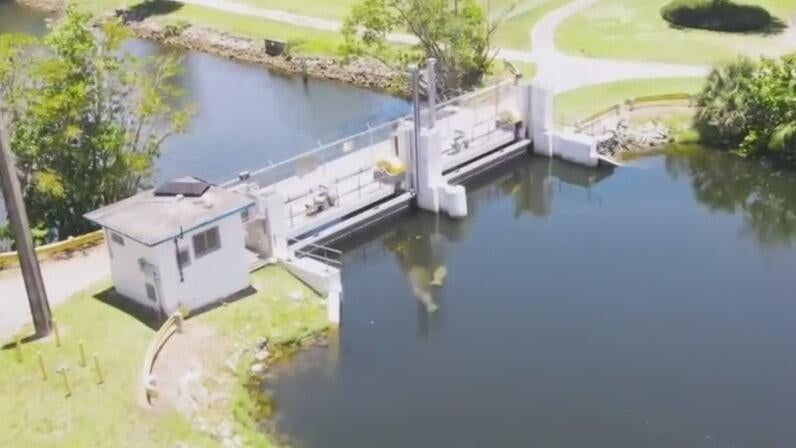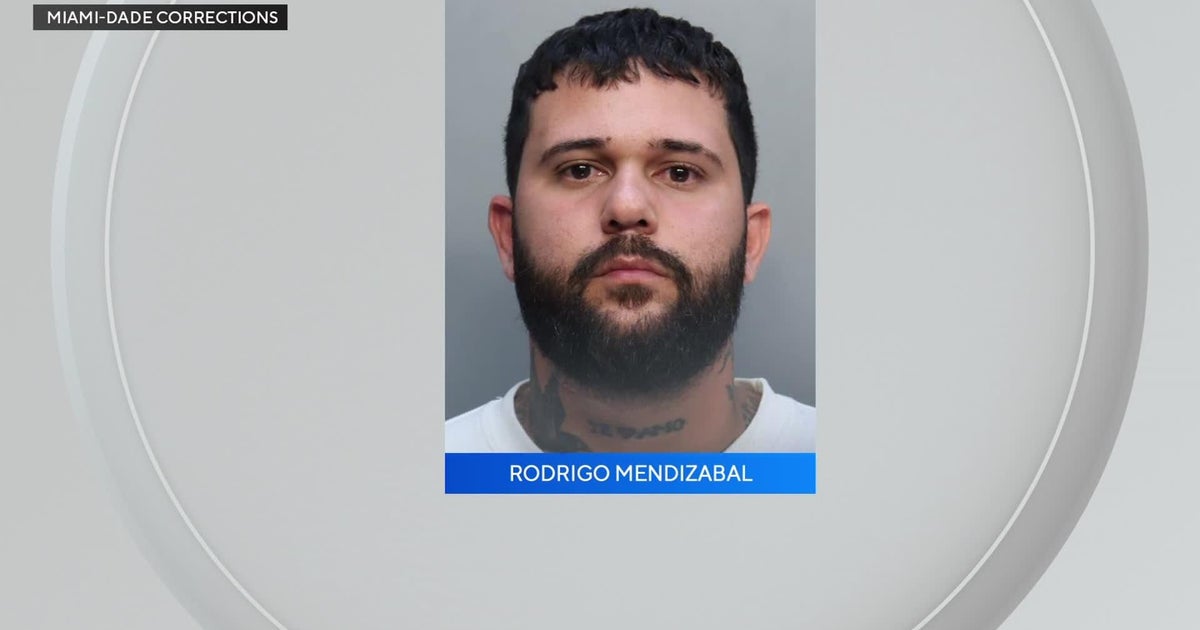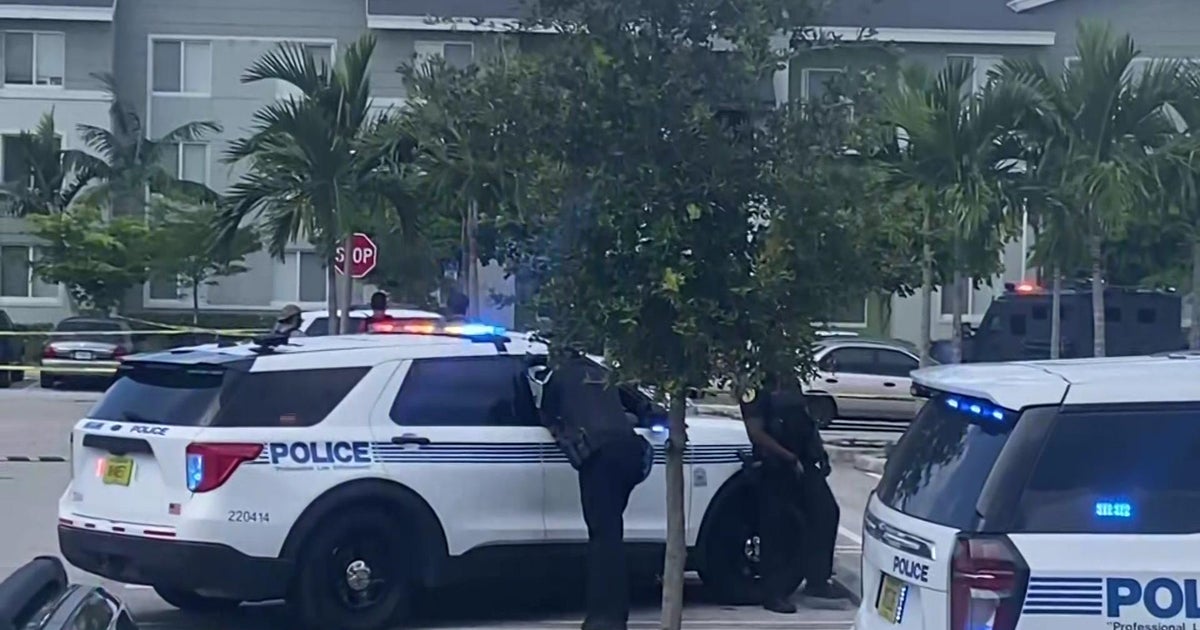FEMA pulls $150 million from Miami, Broward flood projects, prompting community outcry
Hundreds of thousands of South Florida homes already vulnerable to flooding may now be left even more exposed after the Federal Emergency Management Agency (FEMA) abruptly canceled $150 million in grants meant to upgrade aging flood infrastructure.
FEMA's decision to terminate the Building Resilient Infrastructure and Communities (BRIC) program in April and revoke all pending grant applications from fiscal years 2020 to 2023 has halted flood control upgrades in several communities.
The agency called the move an effort to reduce waste and realign with executive priorities.
"The BRIC program was yet another example of a wasteful and ineffective FEMA program," a FEMA spokesperson said .
"It was more concerned with political agendas than helping Americans affected by natural disasters. Under (United States Secretary of Homeland Security Kristi) Noem's leadership, we are committed to ensuring that Americans in crisis can get the help and resources they need," the press release added.
More of South FLorida could flood without canal basin upgrades, research shows
The canceled funding included $148 million allocated to the South Florida Water Management District (SFWMD) to improve three canal basins plagued by flooding.
All three have spillways deemed inadequate by the district's engineering reports, with upgrades planned to better manage stormwater, improve water quality and protect homes.
Without the upgrades, SFWMD research warned that flooding and erosion could imperil vast stretches of Miami-Dade and parts of Broward County.
The areas impacted include:
- Miami Shores
- North Miami
- North Miami Beach
- Little Haiti
- Opa-Locka
- Hialeah
- Miami Springs
- Miami Gardens.
Miami, Broward residents fear the consequences
"I'm worried," said Mary Charlsmith, a North Miami resident. "Where I live in North Miami when it rains a lot, there's a lot of flooding in the street. I have concern, of course."
Charlsmith said floodwaters twice entered her home in 2024.
"We have to put sandbags in front of the door but that doesn't help," she added.
Others echoed her alarm, including Miami Shores resident Fernando Monsalvo.
"It worries me a lot, the investments that we lost, $148 million," Monsalvo said in Spanish. "Instead, there should be more spent to protect our quality of life. Now, we're going to suffer a lot."
Victor Guzman, also of Miami Shores, said bluntly, "It's a need and the government taking them off is not a good thing."
South Florida leaders push back
Congresswoman Frederica S. Wilson, who represents a portion of the affected area, criticized the FEMA decision as dangerous and politically motivated.
"This administration couldn't care less about the safety of our families," she said. "Slashing funds for flood mitigation and hurricane prep isn't just reckless: it's life or death for South Florida. Sea levels are rising. Flooding is getting worse."
Wilson added: "Only Congress has the power of the purse, not the Executive Branch. Congress must act now to ensure FEMA BRIC funding and flood mitigation programs get every dollar they were promised."
In a statement to CBS News Miami, a SFWMD spokesperson said the agency remains committed to its projects despite the setback.
"No immediate decisions are needed at this time because we are still designing the projects and have not started construction," the statement read. "The South Florida Water Management District will continue to work closely with our local, state and federal partners to provide flood control in these communities."
Miami-Dade County had planned to contribute funding as well. Mayor Daniella Levine Cava said her office is "monitoring closely all of the changes at the federal level."
"We're doing our very best to make sure we continue to do as we've done: have a very resilient economy and infrastructure," she told CBS News Miami. "So far, so good."
Still, with iguanas and birds sunning themselves atop spillways that no longer function as designed, and rainstorms becoming more severe, residents fear time and water are running out.




